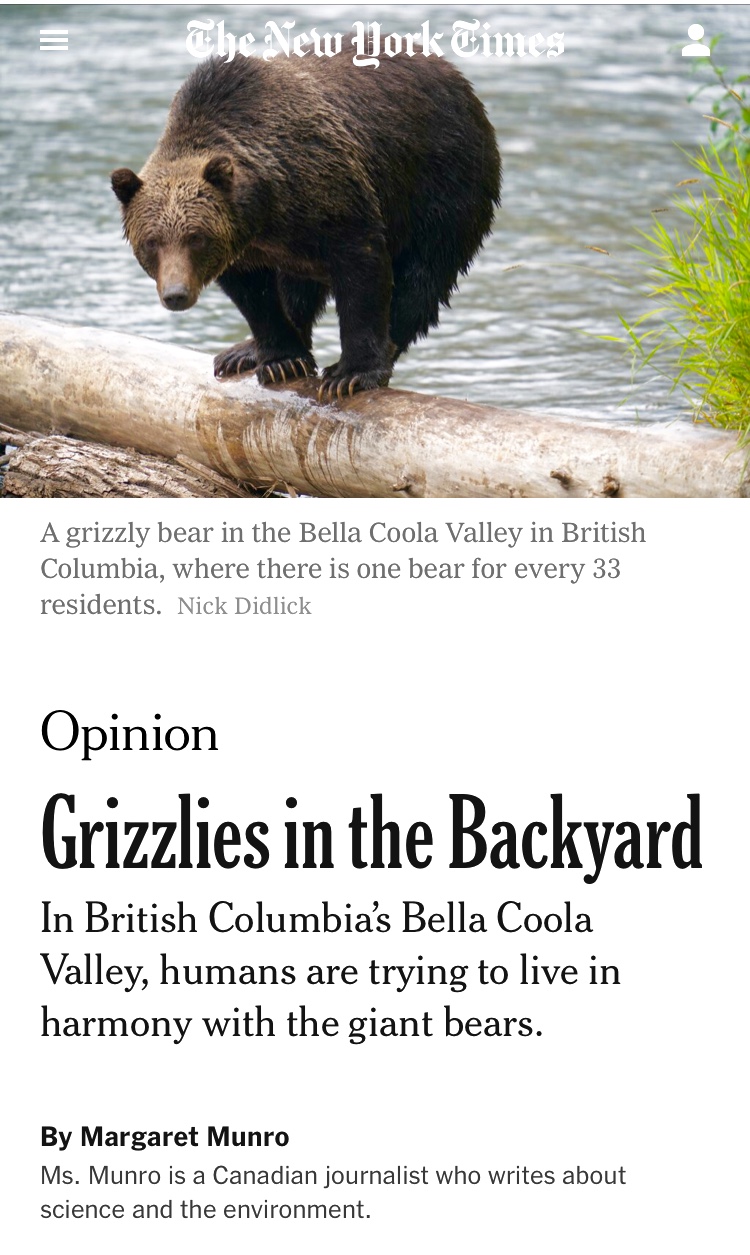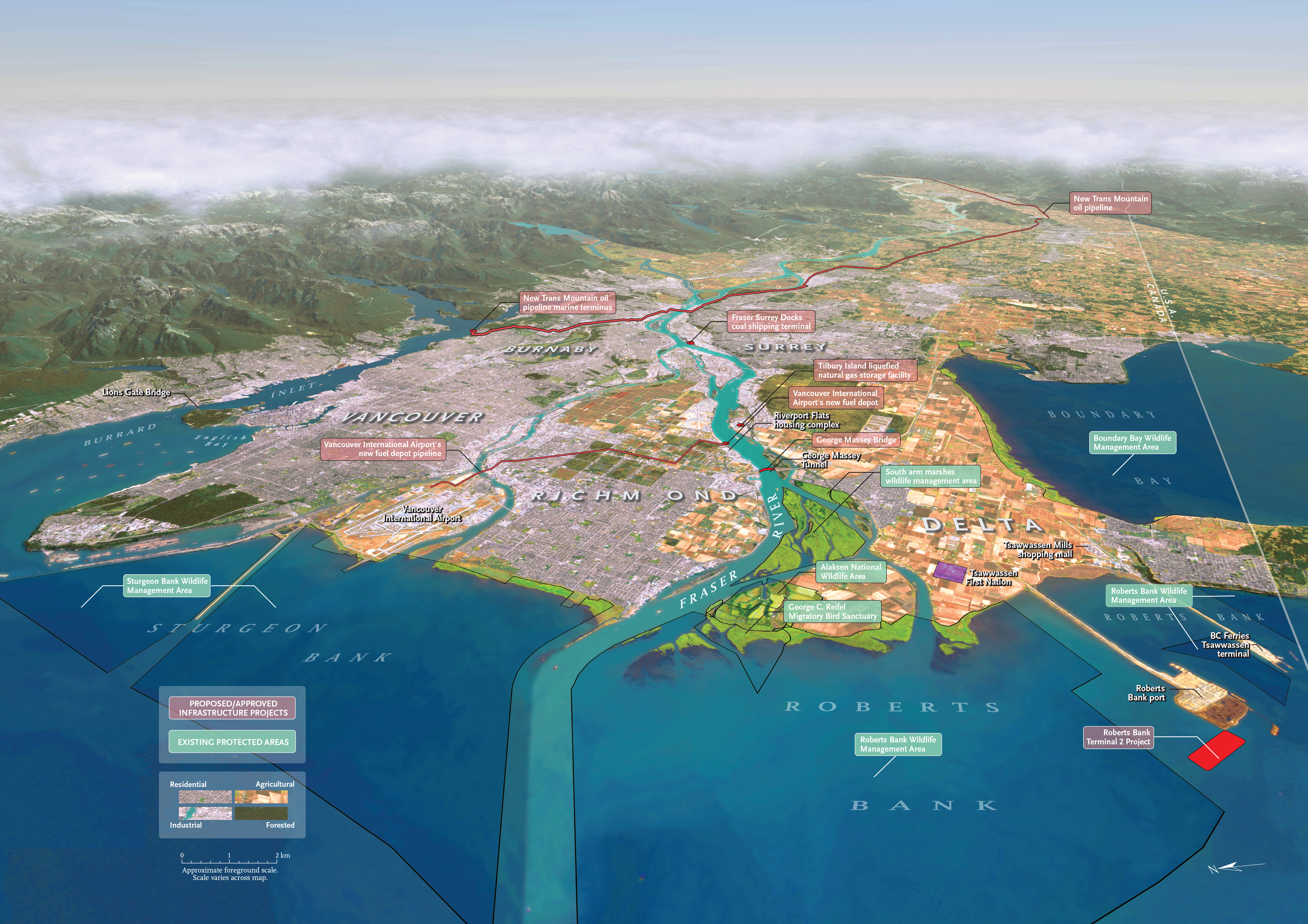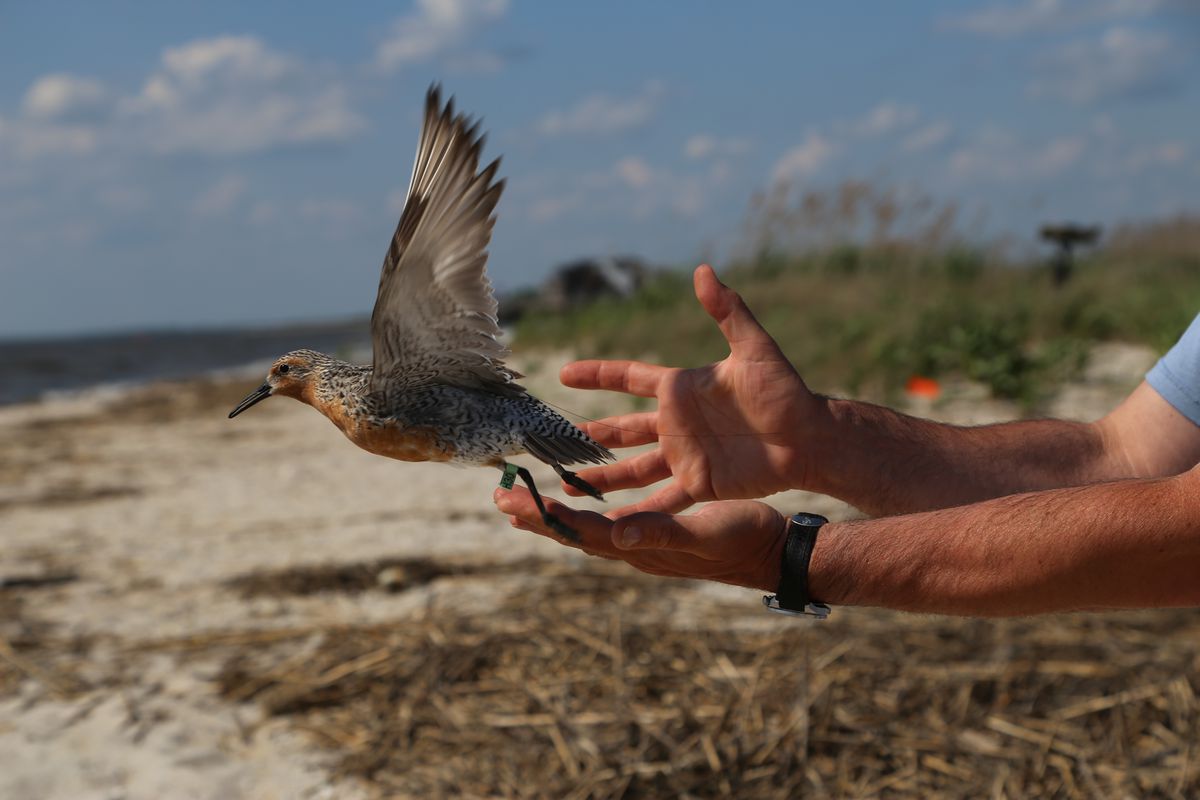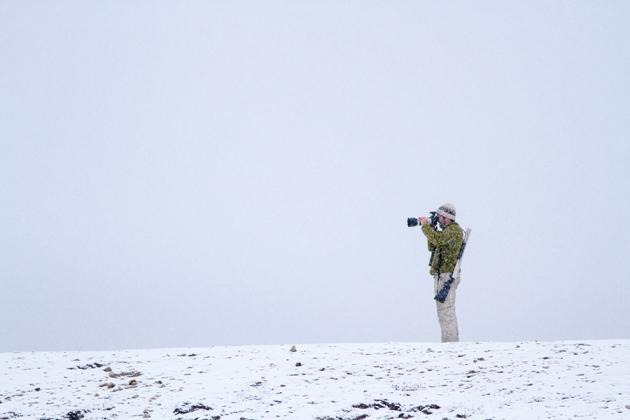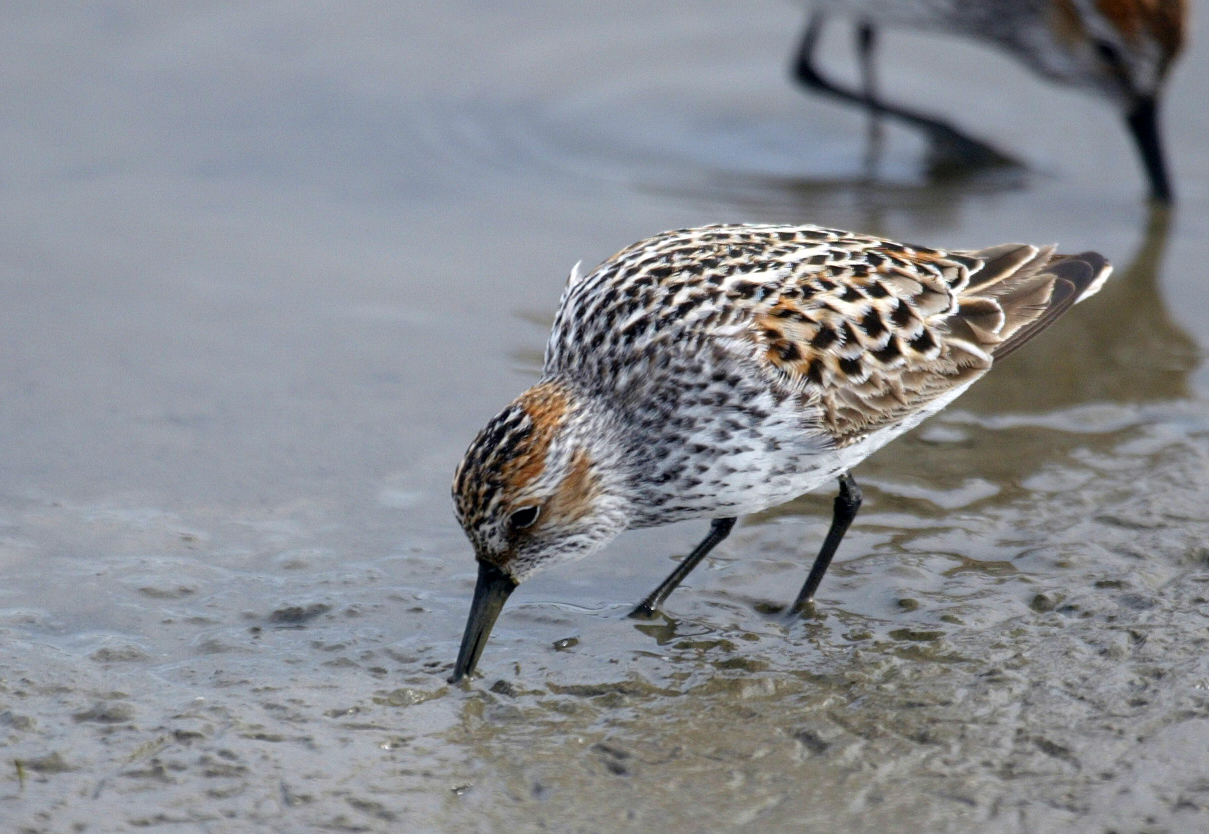Critics warn of harm to vital biodiversity. But the backer is making new promises and deals, winning over First Nations.
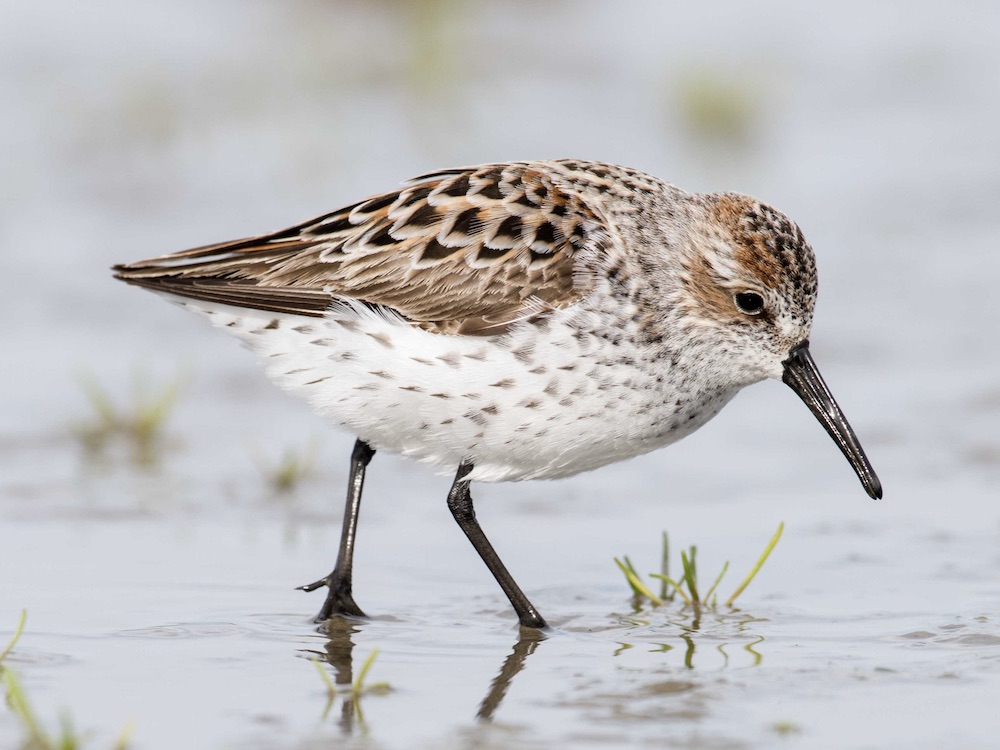
At Roberts Bank, a vital zone for western sandpipers and other wildlife, the Vancouver Fraser Port Authority wants to create a new industrial island. Photo by Jason Puddifoot.
Margaret Munro 11 Nov 2022 TheTyee.ca
As Canada prepares to host a global summit on biodiversity, a proposed $3.5 billion superport just south of Vancouver is testing the Trudeau government’s bold environmental commitments.
Critics say approving the superport, which would be built in the Fraser estuary, one of Canada’s most endangered biodiversity hotspots, would run counter to several of the Liberals’ pronouncements about the need to better protect nature.
But the Vancouver Fraser Port Authority is pushing hard for approval of the project that a federal assessment panel concluded would have “significant” impacts on endangered killer whales, famed salmon runs and the beleaguered Fraser estuary, which supports close to 100 species at risk.
The port, a federal agency, is targeting politicians and policy makers in Ottawa with an advertising and social media campaign promoting approval of the new port. It is building support among First Nations with confidential benefits agreements and promises of financial payments if the project goes ahead. . . continue reading . . .



